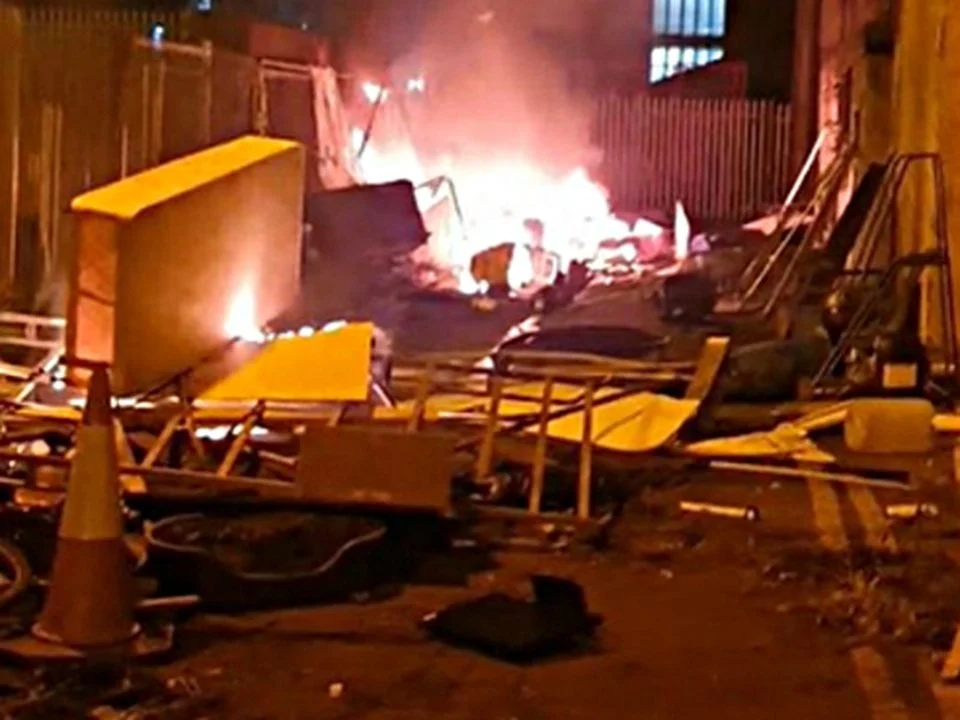The recent attack on asylum seekers’ tents in Dublin has sparked serious concerns about their safety. Tánaiste Micheál Martin has issued a stark warning that such incidents could escalate, potentially leading to fatalities. This comes as Ireland struggles to accommodate a surge in asylum seekers amidst a housing crisis and increasing anti-immigrant sentiments.
The incident at Dublin’s Grand Canal, where tents occupied by asylum seekers were set on fire, highlights the vulnerability of these individuals. Many are fleeing conflict and persecution, only to face hostility and violence in Ireland. The government has repeatedly cleared tent encampments, only for them to reappear, reflecting the desperate need for more sustainable housing solutions.
Ireland has seen a significant influx of migrants, with over 20,000 asylum applications expected this year, up from 12,300 in 2023. The situation has been exacerbated by the war in Ukraine, which has brought over 100,000 Ukrainian refugees to Ireland. The country’s capacity to house these individuals is stretched thin, leading to makeshift tent cities and heightened tensions.
Anti-immigrant protests and attacks have become more frequent, with slogans like “Ireland is full” gaining traction. Such sentiments were reflected in a recent poll showing 63% of the population favor stricter immigration policies. This hostile environment is perilous for asylum seekers, who often find themselves without basic amenities or protection.
The Tánaiste emphasized the need for a more coordinated effort to address this crisis, urging for enhanced safety measures and faster processing of asylum applications. The government’s current approach involves moving asylum seekers to emergency shelters, but these measures are temporary and insufficient for the growing numbers.
In addition to the immediate threat of violence, the broader context of the UK’s Rwanda Act has influenced migration patterns. Asylum seekers are increasingly crossing into Ireland from Northern Ireland to avoid deportation under the new UK policy. This adds another layer of complexity to Ireland’s immigration challenges, as the country navigates the implications of Brexit and its own humanitarian commitments.
